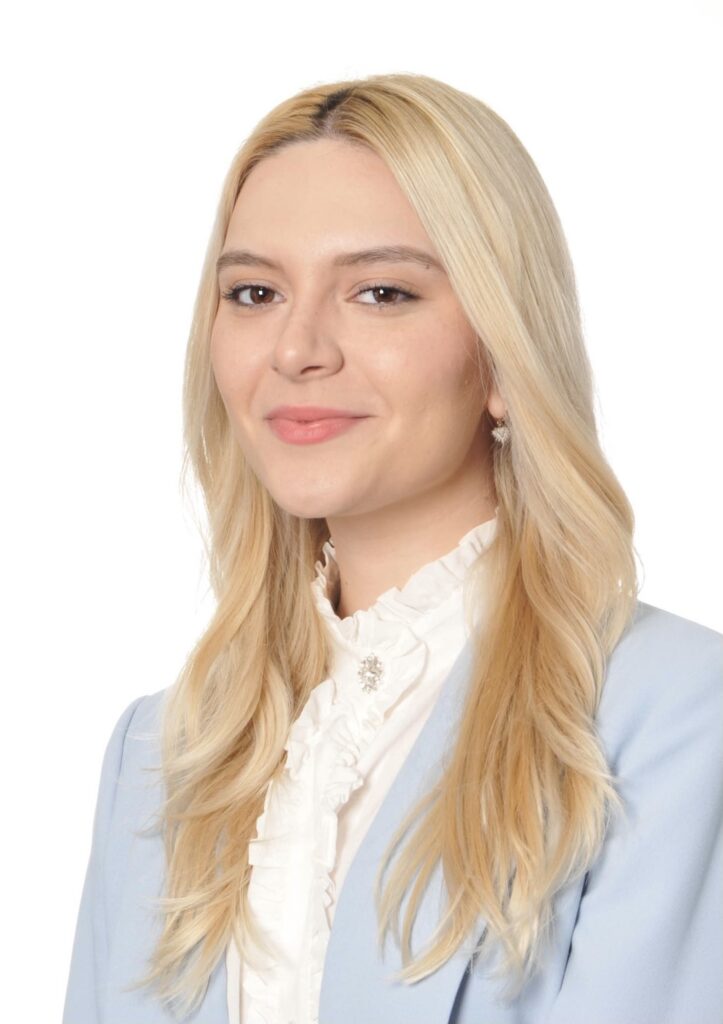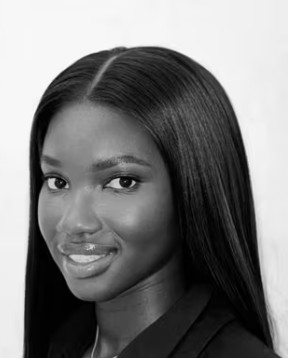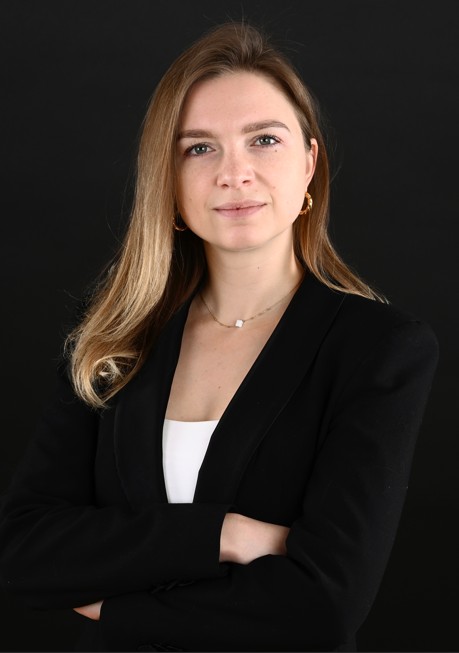Preparing a business school application is no walk in the park, and it shouldn’t be. You’re potentially embarking on a life-changing experience, so it’s important to dedicate an appropriate amount of time and effort to craft an application that accurately reflects your candidacy. While our Student Ambassadors are ending their last term with us, they remember exactly what it was like being in your shoes. Read on for some of their top tips to keep in mind as you work on your Graduate Masters application.

Applying to a Master’s degree can feel overwhelming, especially when you’re unsure where to begin. But here’s my top advice: let your personality shine through. Think of this process as an opportunity for self-reflection: “Who am I?”, “What experiences have shaped me into who I am today?”, “What are my personal and professional goals, and how can I achieve them?”, and most importantly, “How will LBS help me grow?”. Once I answered these, my application came together naturally.
While the three main essays are your primary storytelling tool, don’t overlook the shorter questions (150–300 words). These are just as important in presenting a cohesive, authentic narrative. By the end of your application, the admissions team should feel like they know the real you.
Finally, don’t hesitate to reach out to Student Ambassadors and Alumni. Speaking with them is a fantastic way to discover the incredible opportunities LBS has to offer – trust me, you won’t be disappointed. Remember, the application journey is more than just a task—it’s a chance to define your goals and reflect on your growth. Take your time, be authentic, and let your passion for LBS shine through.
– Andreea Iordache, MAM2025

Be Genuine & Tell Your Story – LBS isn’t looking for a “perfect” candidate, they want to understand who you are. Instead of writing what you think they want to hear, focus on the experiences that have shaped your goals. In my application, I connected my academic and extracurricular experiences to how I would contribute at LBS, highlighting my leadership roles and alignment with the school’s collaborative environment. Be specific and structured in explaining why LBS is the right fit for you.
Start Early & Stay Organised – I applied in Round 4 and had just two months between acceptance and starting the programme. This left me little time to prepare for the fast-paced first term. If I could do it again, I’d apply earlier to allow more time for housing, networking, and pre-programme events.
Leverage the LBS Network Before You Apply – Speaking with alumni and students helped refine my essays and interview responses. An alum’s insights into MiM electives strengthened my application. Reach out via LinkedIn or attend LBS events! This first-hand knowledge goes beyond what’s on the website.
– Sokhna Mboup, MIM2025

Reflecting on my application experience, one piece of advice I’d share is to connect with the LBS community as much as possible before applying. Attend events, join webinars, or reach out to current students and alumni. These conversations will give you deeper insights into the school, help you articulate why LBS is the right fit for you, and even inspire your vision for your future at the school. If I could do anything differently, it would be to start engaging with the LBS network even earlier because those connections make a world of difference.
Another key tip is to showcase your experience in international and diverse settings. LBS thrives on diversity, so demonstrating how you’ve navigated and contributed to different cultural or professional environments and how you’re eager to learn from and about others can make your application stand out.
Most importantly, be authentic and share your real motivations, passions, and experiences. Don’t just write what you think the admissions team wants to hear. LBS isn’t looking for a cookie-cutter profile, they want to see how you will thrive and contribute to the community.
– Anushka Mantri, MAM2025

However trivial, my main application advice is to do your best to avoid writing what you believe the admissions team wants to hear. I fell for the trap and approached it as a “problem-solving exercise” at first, which could be quite a common reaction for any analytically-minded MFA applicant. Weeks later, when nothing was coming together into a coherent picture (unsurprisingly!), I had to admit what I was attempting to do and go back to basics. Being able to let yourself go back to the drawing board as many times as needed is important to eventually produce a high-quality application, which then also means allowing for sufficient time in the process ahead of the deadline.
I found it most helpful to let the people who know me well read my essays. Their feedback is a crucial part of ensuring authenticity, truthfulness and that it is indeed your personality shining through those 900 words. So, in short, I recommend not rushing through the process, remaining authentic, and seeking feedback from your close ones.
– Daria Korotkevych, MFA2025
